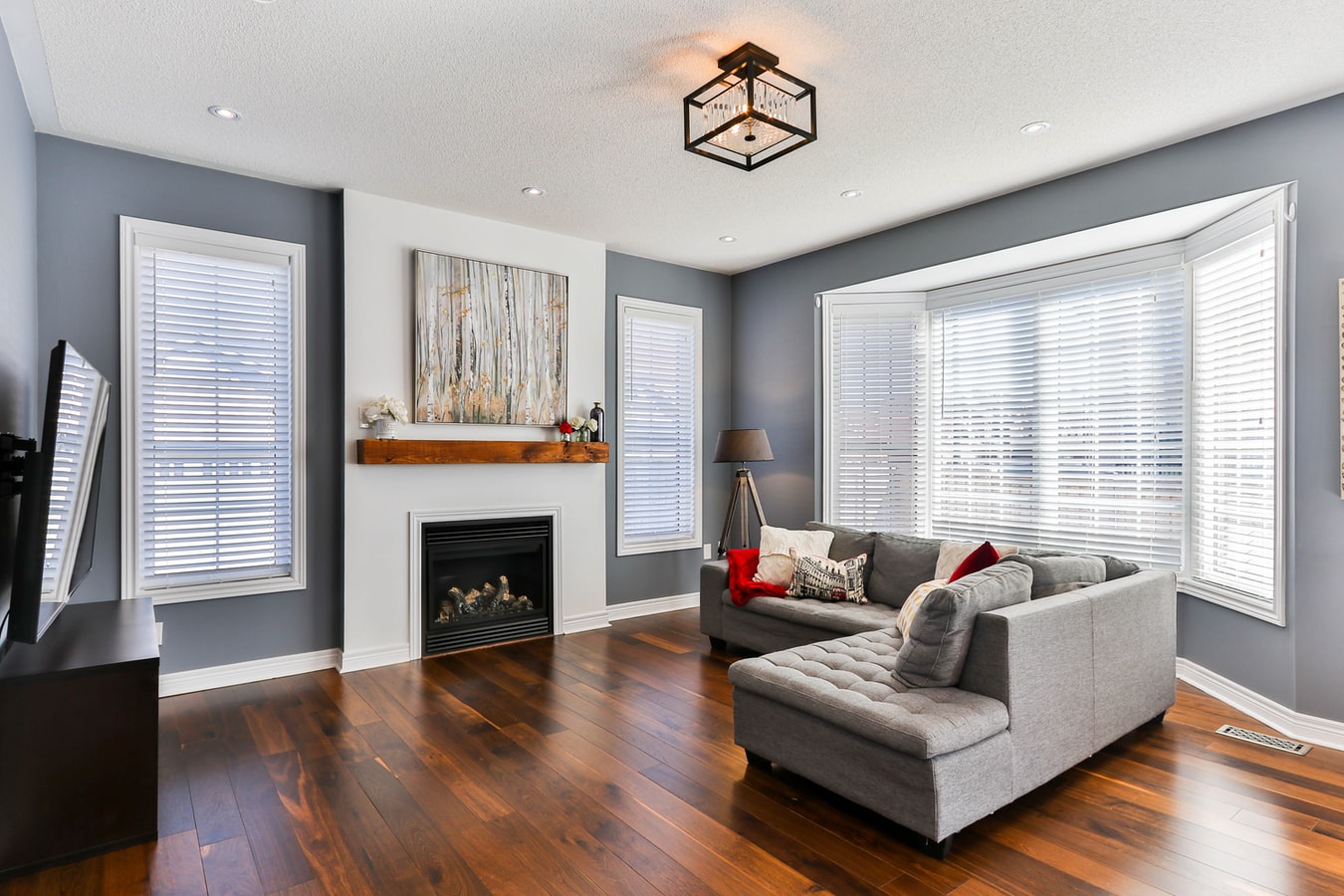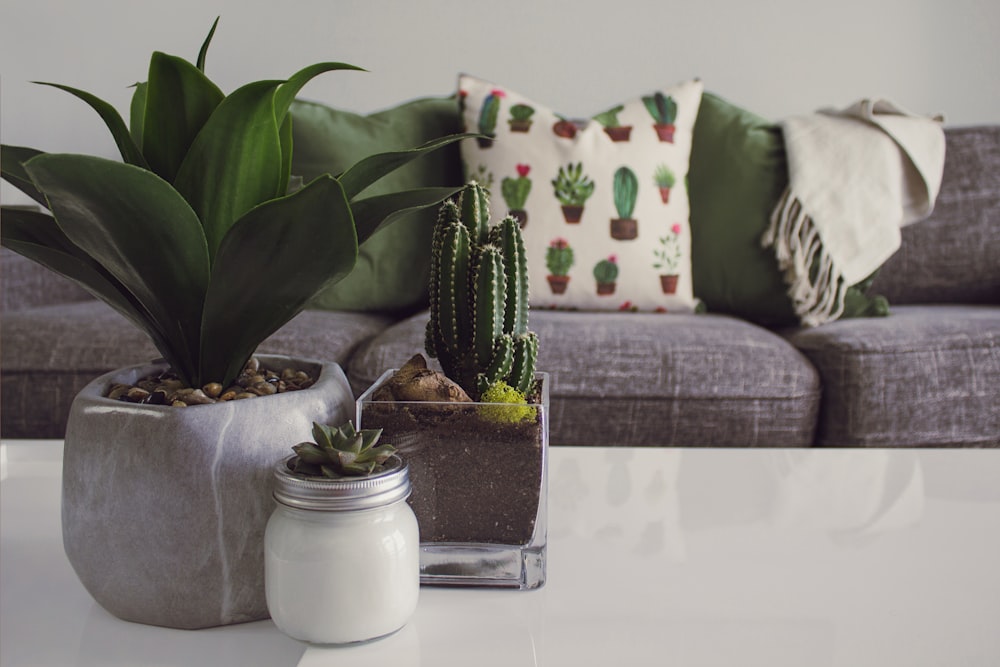
In the United States alone, over 25 million people suffer from asthma, and millions more have other respiratory issues that can make breathing difficult – especially when the air quality is poor.
While it’s not always easy to manage respiratory issues when you’re outside or in public places, one of the best things you can do is to improve the air quality in your own home. If you or someone in your family struggles with asthma or other respiratory conditions, working to improve the air quality can promote your overall wellness, and allow everyone to breathe easier.
Thankfully, it isn’t difficult to clean up the air in your own home. Let’s look at a few helpful tips to get you started.
- Invest in an Air Purifier
One of the easiest ways to clean up the air quality of your home right away is to purchase an air purifier. The best air purifiers soak up toxins and dust from the air, making it easier for everyone to breathe.
Air purifiers use a system of fans to pull air from inside the home. That air then goes through a purification system/process inside the device, and is then circulated back into the room. As the air purifier continues to work, your home will eventually be filled with more purified air and less contaminated air.
- Keep Your Home Clean
Dust, pollen, dander, and other types of debris are some of the biggest causes of breathing issues in the home. One way to limit how much exposure you get is to keep your home as clean as possible.
If you’re not sure where to start when it comes to keeping your home clean, try a few of the following:
- Vacuum at least once or twice a week. It’s easy for dust and dirt to get trapped in your carpet or rugs. You’ll notice even better results if you use a vacuum with a HEPA filter.
- Regularly clean your bedding. Remember, you sleep there every night and if it’s dirty or dusty, you’re breathing in those allergens all night long. If you typically wake up feeling like it’s difficult to breathe, it could be because your bedding isn’t as clean as it should be.
- Like carpeted areas, it’s easy for dirt and dust to get trapped in curtains, too. Unfortunately, people don’t clean their drapes as often as they should. Make it a point to regularly clean your curtains so dust and dirt don’t linger.
- Check Your Air Ducts
The air ducts in your home allow for a steady flow of hot or cold air, depending on the season. But, if they aren’t properly cleaned from time to time, a steady buildup of dirt, dust, and other types of debris can cause big problems.
If you’re not sure when the last time your air ducts were cleaned might be, there’s a good chance they’re overdue! Call a professional to make sure your air ducts are clean and the air circulating throughout your home is free of dust and dirt.
- Reduce Humidity
People with respiratory issues might find that their symptoms get worse on hot, humid days. If you have a humid or moist environment in your home, that can contribute to more breathing issues. It can also encourage mold growth. Not only is that dangerous for people with asthma but it can be harmful to everyone’s health.
One way to combat too much humidity in the home is with a dehumidifier. They’re typically quite inexpensive and they quickly pull moisture from the air to leave it crisp and clean.
- Bring Plants Into Your Home
While some people argue that the surfaces of plants can attract dust and dirt, certain plants can actually help to improve the air quality of your home. They work as natural air purifiers, pulling toxins from the air and circulating clean, healthier air. Some of the best plants for cleaner air in the home include:
- Aloe vera
- Rubber plant
- Bamboo
- English ivy
- Areca palm
Plants have many other health benefits, including stress relief. Bringing a few plants in home can help everyone to breathe easier and feel more relaxed. Arrange a few plants at different locations in your home, including your bedroom and living areas to circulate the clean air all over your house.
Having to deal with respiratory issues of any kind can be scary and even dangerous. You shouldn’t have difficulty breathing in your own home. So, if you or someone in your family has asthma or other breathing issues, consider some of these solutions to improve your indoor air quality for everyone to enjoy.



